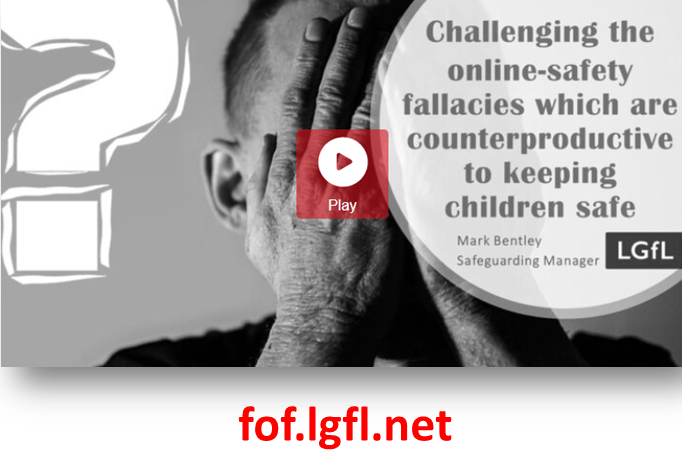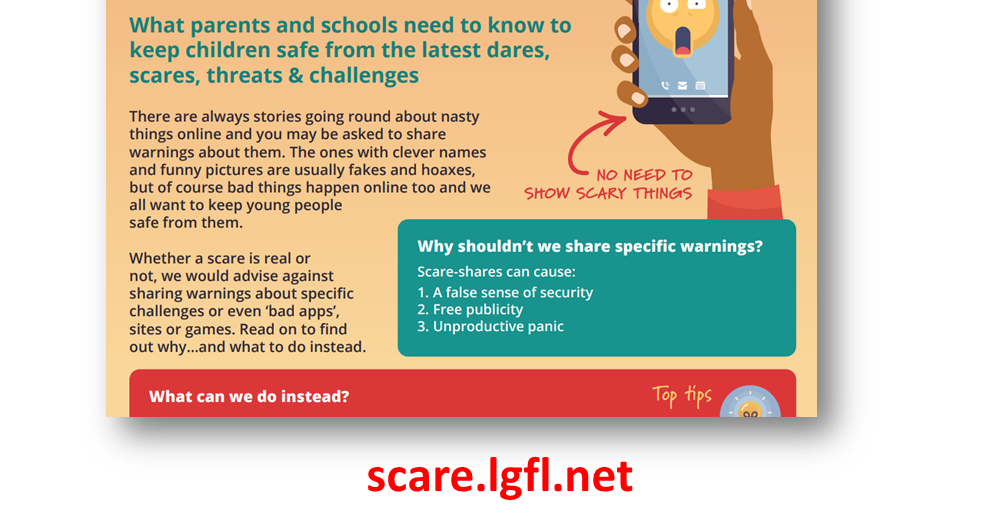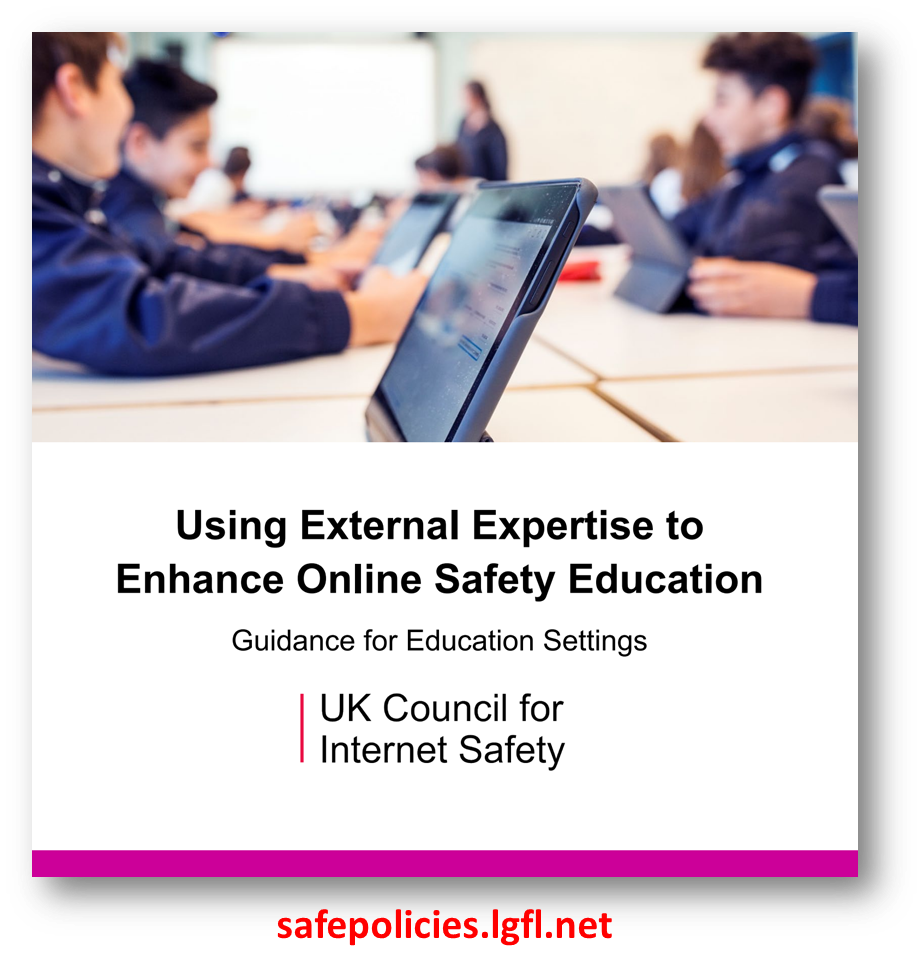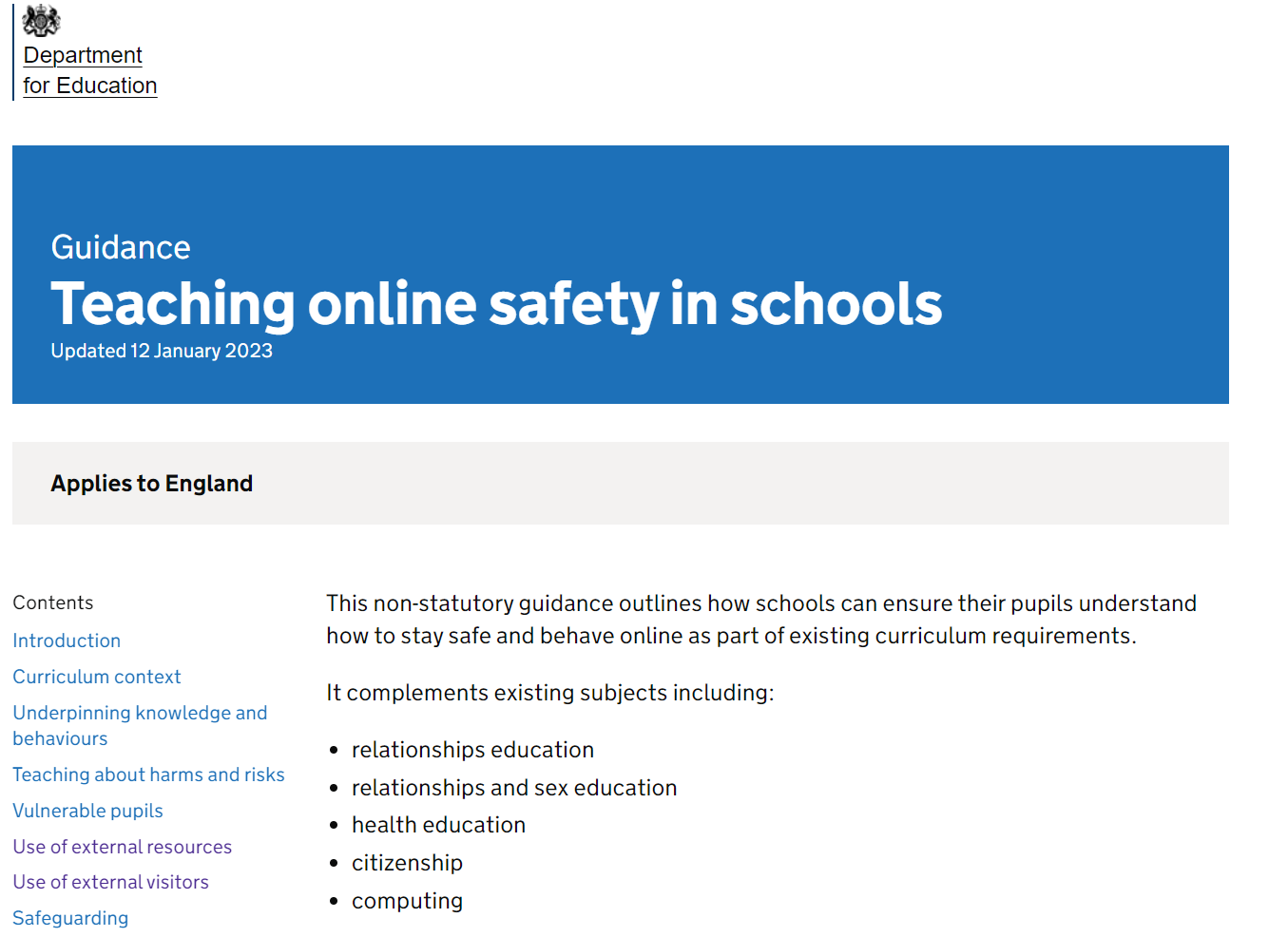Safeguarding
Underlying Principles of Online Safety Awareness in Schools
At SafeguardED, we offer lots of training, guidance, staff resources and classroom materials to support the work of safeguarding and curriculum teams as they keep children safe in schools. But with online safety in particular, we always come back to some key principles which may help you reflect upon and review your policies and processes, and your educational approaches and materials. Some of these points may challenge conventional wisdom or things you have done for years, so why not discuss as a team and let us know what you think?
If you never give out personal information online, how will you get your Amazon delivery? Can one app be inherently bad but another fine if we know that young people and predators alike hop between apps to be where other people are? And if young people can parrot back to us messages about 'online safety' but have a totally different idea of what being online means, are they likely to follow our model behaviours?
Staying safe online is not always simple or straightforward, but we often reduce complex ideas into pithy soundbites to base lessons around them. Why not challenge yourself by looking through these ten (potentially) unhelpful online safety axioms and see how you use them...and if they are keeping children safe, or sometimes missing the mark. This is a great reflective tool to use before you review your resources or schemes of work for the year.
Schools often receive warnings about ‘bad’ apps, sites or games or new dangerous challenges online. Sometimes warnings even come from official sources or with appealing graphics. But should you pass them on to parents? We say…no.
Find out more about this by reading our blog, watching the video or using the poster on how to respond to the "Share this warning now!" notices you might receive.
Still not sure? The Department for Education also released Harmful Online Challenges and Online Hoaxes guidance following the same principles.
Student voice, anyone?!
It's so important to be aware of students' perspectives - have a look through these and see if they challenge your perspectives, or what and how you are teaching. Are we the role models we need to be? Are we teaching about student realities?
These slides might be handy for staff or perhaps parents, but don't leave it at that - make sure you know what your students say about their lives online to shape how you support them.
Click the image to download 8 quotes you can use.
The same applies to your curriculum in general - many 'old school' online safety resources took a "scare them until they just say no" approach. Are any of your colleagues still using approaches or resources like that? Check out this academic review from CEOP/PSHE Association (especially page 11) on why that is not effective. The school curriculum needs to be fit for purpose and provide young people with the right skills and aptitudes to flourish online. Young people don't just want to be told what not to do, they want to know what they should do to be safe and well online, and to become confident and competent tech users.

Have you ever had an external speaker come to deliver an online safety lesson or assembly? Most schools will have done so at some point. But what made them qualified to speak to your children and young people about keeping themselves safe? Did they know what they were talking about? Did they stick to the messages that your school was teaching? And did they know and follow school child protection procedures before potentially generating safeguarding disclosures?
Yes? Good. There are lots of amazing speakers and consultants who can help you bring key messages to life and reach your pupils in new ways, but you shouldn't leave it to chance. Fortunately, the UKCIS document 'Using External Visitors to Support Online Education' gives you the questions you need to ask to make sure it is a positive experience for all. Download the document to do your due diligence (and many of the questions are just as handy for visitors in other curriculum areas too!).
And finally
While many schools will be aware of what the guidance for Relationships Education / RSHE says about online safety, there is an excellent DfE document called Teaching online safety in schools. Click the image to get to the guidance.






